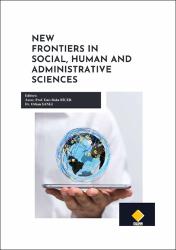Using Nudges to Reduce Cheating in Exams: A Randomized-field Experiment
Citation
Demirtaş, B. K. (2023). Using Nudges to Reduce Cheating in Exams: A Randomized-field Experiment. In E. B. Biçer and O. Şanlı (Eds.), New Frontiers in Social, Human and Administrative Sciences, 1st ed., pp. 599-613. İzmir: Duvar.Abstract
Cheating behavior is a significant problem within the education system. This study aims to mitigate cheating behavior through the implementation of various nudges. A randomized field experiment was conducted at a Turkish state university, involving a control group and three treatment groups. Students in the treatment groups were exposed to different nudges. The first treatment involved kindly discouraging cheating, while the second prompted students to consider whether cheating was fair to their friends and society. The third treatment asked a question to encourage reflection on the negative consequences of cheating. The results indicate that merely instructing students not to cheat had no impact on their behavior. However, the prevalence of cheating was lowerwhen students were encouraged to recognize the unfairness of cheating to their peers and society. Furthermore, cheating was reduced in the third treatment, although the nudge's effect was less pronounced than in the second treatmentin average however the difference is not statistically significant.


















